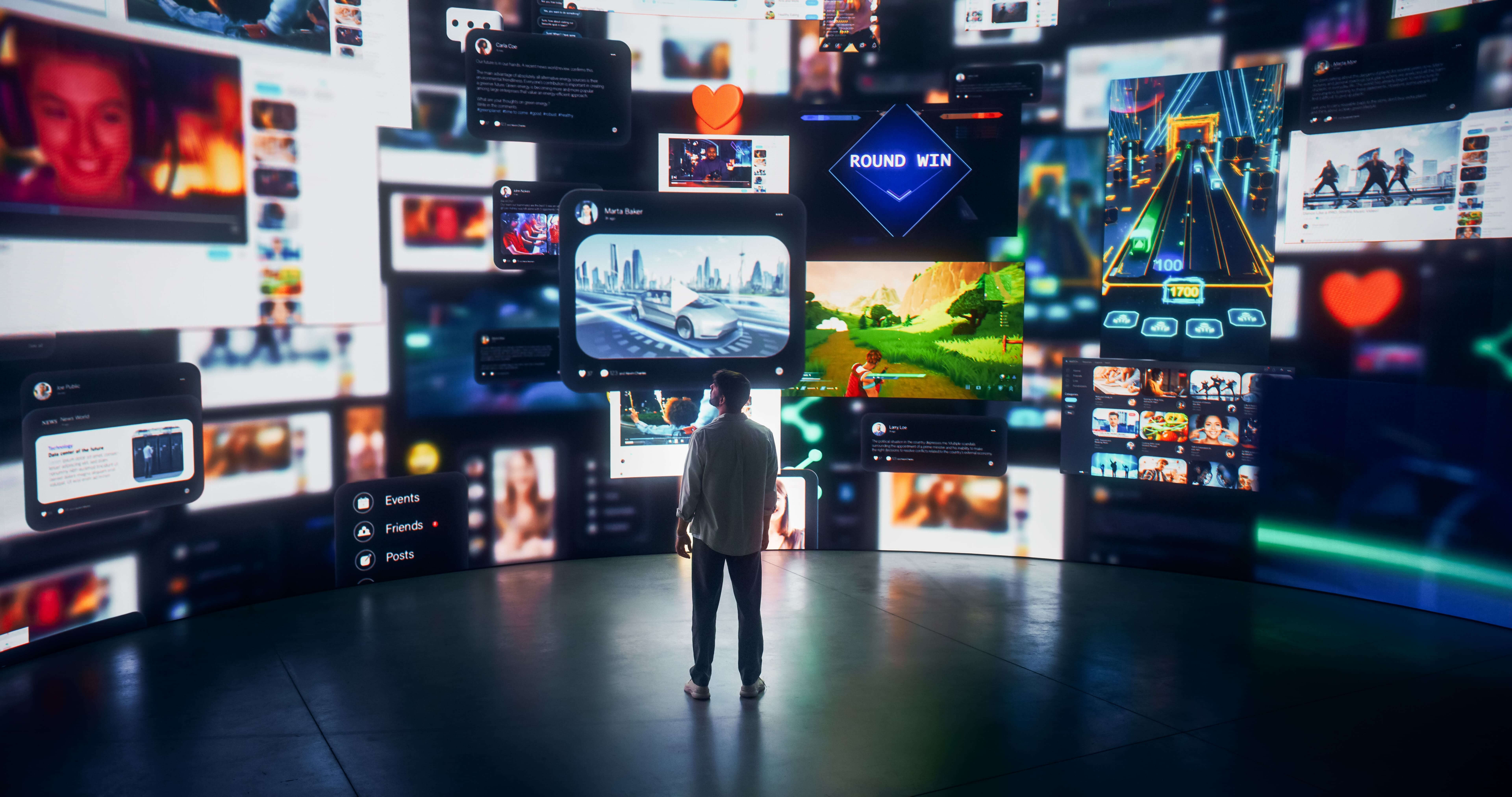In today's digital age, technology continues to transform various industries, and event management is no exception. With the rise of Augmented Reality (AR) technology, event planners now have innovative tools at their disposal to create immersive and engaging experiences for attendees. One such technology that is revolutionizing the event management landscape is WebAR and AR apps. In this article, we'll explore how these cutting-edge technologies are reshaping the way events are planned, executed, and experienced.
What is WebAR and AR Apps?
Before delving into the impact of WebAR and AR apps on event management, let's first understand what these technologies entail. WebAR, short for Web-based Augmented Reality, allows users to experience AR content directly through a web browser without the need for downloading a separate application. On the other hand, AR apps are dedicated applications that leverage AR technology to overlay digital content onto the real world, enhancing the user's perception of their surroundings.
Enhanced Event Planning and Visualization:
One of the primary benefits of integrating WebAR and AR apps into event management is enhanced planning and visualization. Event planners can use AR technology to create virtual event layouts, allowing them to visualize the venue setup, booth placements, and seating arrangements in real-time. This not only streamlines the planning process but also enables organizers to make informed decisions regarding space utilization and attendee flow.
Engaging Attendee Experiences:
Incorporating AR elements into events significantly enhances attendee experiences by offering interactive and immersive content. For instance, attendees can use AR-enabled event apps to scan physical objects or posters and unlock additional digital content such as product information, videos, or special offers. This gamified approach not only captures attendees' attention but also encourages active participation and engagement throughout the event.
Virtual Venue Tours and Site Inspections:
With the help of WebAR technology, event planners can provide virtual venue tours and site inspections to clients and stakeholders remotely. Instead of visiting the physical location, clients can explore the venue virtually through their web browser, gaining a comprehensive understanding of the space's layout and potential configurations. This not only saves time and resources but also facilitates better decision-making during the planning phase.
Seamless Brand Integration and Sponsorship Opportunities:
AR technology offers unique opportunities for seamless brand integration and sponsorship activations at events. Through AR-enabled signage, branded filters, and interactive experiences, sponsors can effectively showcase their products and engage with attendees in a memorable way. Moreover, AR apps can collect valuable data on attendee interactions and preferences, allowing sponsors to tailor their marketing efforts and measure ROI more effectively.
Conclusion:
In conclusion, WebAR and AR apps are revolutionizing event management by offering innovative solutions for planning, execution, and attendee engagement. From enhanced event visualization to interactive experiences and virtual venue tours, AR technology is reshaping the way events are conceptualized and experienced. As the adoption of AR continues to grow, event planners must embrace these technologies to stay ahead of the curve and deliver unforgettable experiences for their clients and attendees alike.




